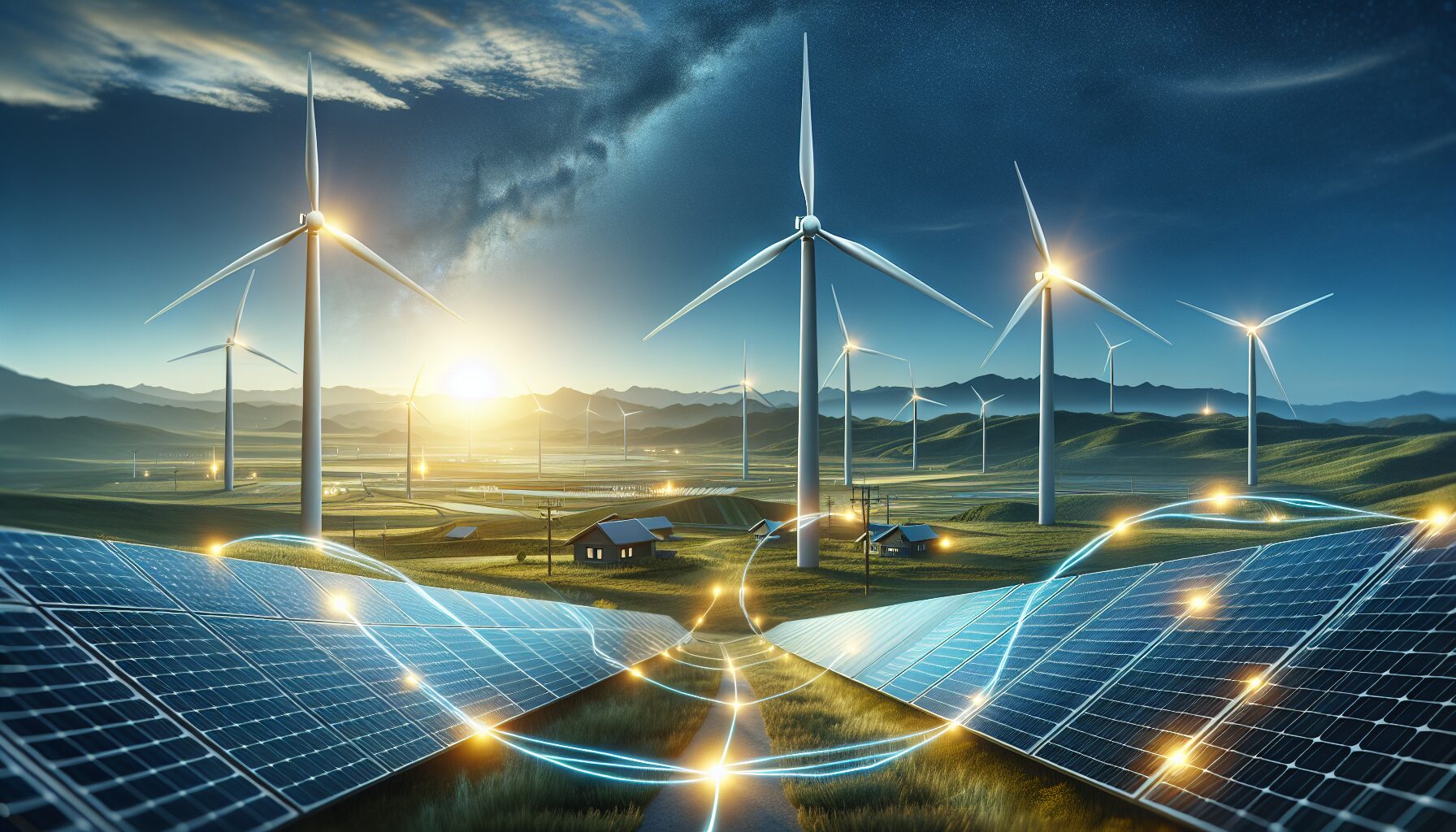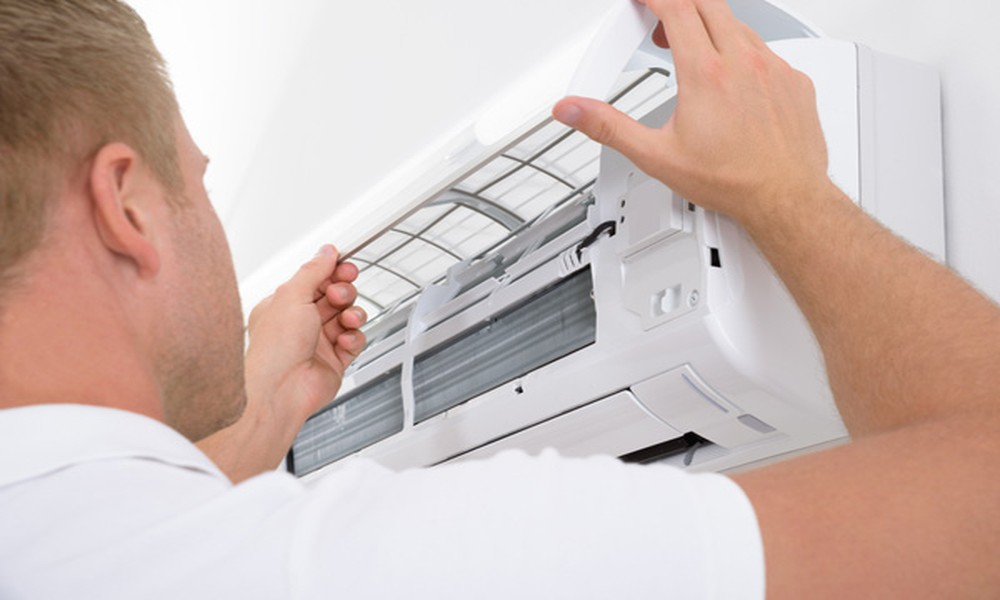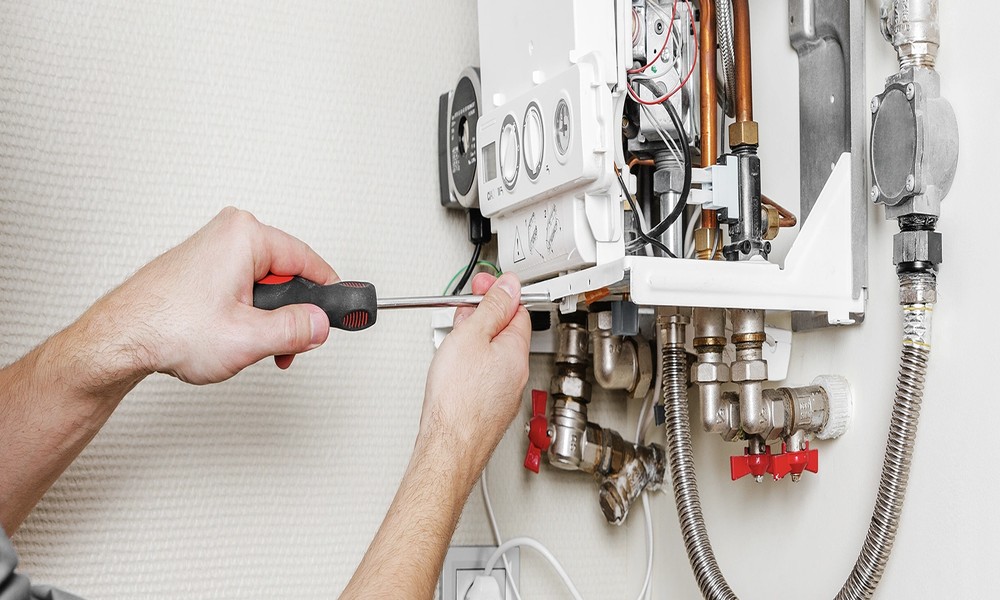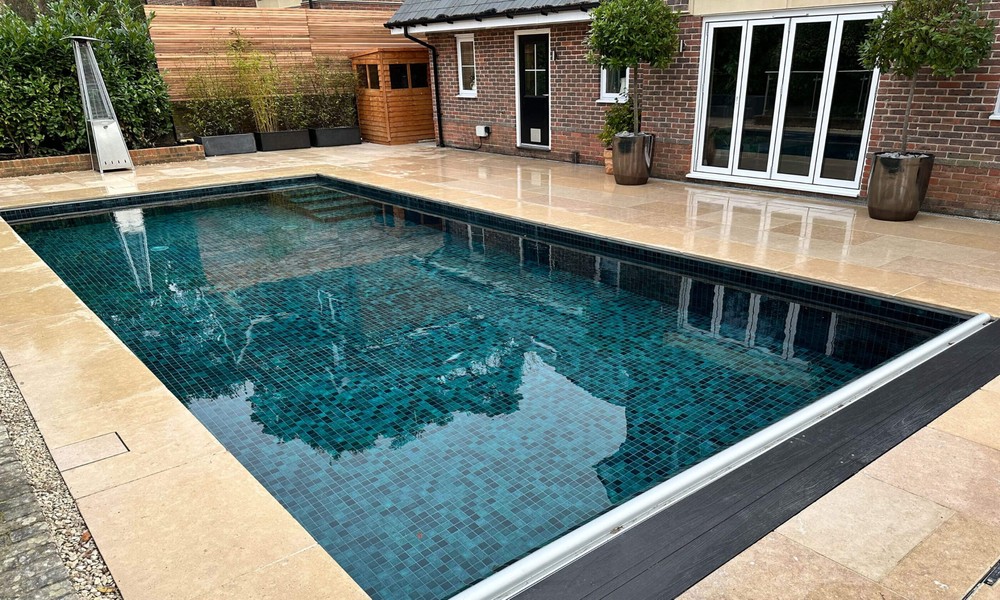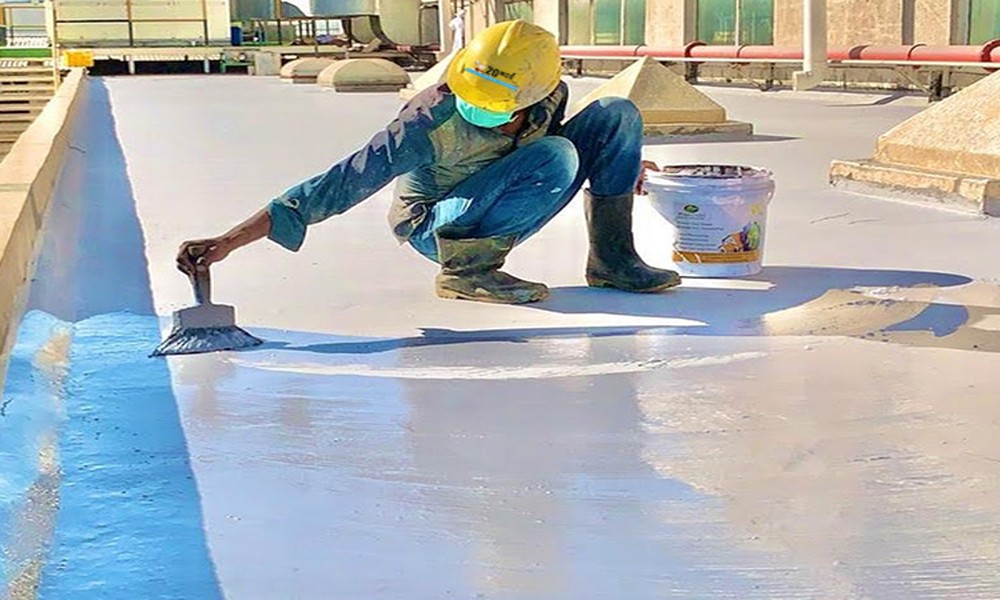
Solar panels are a great way to save money on your energy bill and do your part to reduce your carbon footprint. But like any other appliance in your home, they require regular maintenance and occasional repairs. In this article, we will provide you with 9 tips for solar panel repairs and maintenance in Toowoomba.
Cleaning the panels:
Your solar panels can accumulate dust, dirt and debris over time. Dusting off the panels once a year is a good idea, but cleaning them more often will help increase their efficiency. This is especially important if you live in an area with high amounts of airborne pollutants like smog or dust storms. You can clean your solar panels using soap and water or an ammonia-free glass cleaner if you want to avoid chemicals.
Checking the connections:
You should also check the connections between your panels and inverter as well as between each panel. These connections are critical to ensuring that they work properly, so make sure they are tight enough so that there is no room for movement but not too tight, as this could damage them.
You should also check these connections periodically throughout the year because they tend to loosen over time due to natural wear and tear.
Inspecting for damage:
Solar panels can be damaged by hail, windstorms and other extreme weather events. If you notice any dents or scratches on your panels, then it’s time to inspect them further.
The damage may not be immediately visible from the ground, so use binoculars or a ladder to get a closer look at the solar panels themselves. You should also check for leaks around seals that cover electrical connections between panels and mounting hardware.
Checking for leaks:
Leaks in your system can lead to a number of problems, including decreased efficiency and higher electricity bills. If you notice water on the ground near your panels, it’s a good idea to have a professional come out and inspect them.
Inspecting the fuses and wiring:
Sometimes, it’s not the panels themselves that need fixing; it’s the wiring that connects them to the inverter. Make sure that all of these connections are secure by checking each wire individually.
If you find any loose connections or frayed ends, repair them immediately to ensure that they don’t short out during use. You can use electrical tape or heat shrink tubing to insulate any exposed wires that might come into contact with other components in your system.
Using a meter to test your panels:
When you first install your solar panels, it’s a good idea to use an ammeter or voltmeter on the circuit that is connected to the solar system. This will help you determine whether there is a problem with the wiring or if something is wrong with the panels themselves.
Look for shading from nearby objects like trees and buildings:
Shading can have a big impact on the amount of energy collected by your system, so it’s important to check for it regularly. If you notice shading from nearby objects like trees or buildings, try moving them around or trimming them back if possible. You can also add shade cloth over certain parts of your panels if necessary — but don’t cover up too much!
Fix any moving parts that may have shifted during inclement weather:
The most common issue with solar panels is that they get knocked out of alignment during a windstorm or heavy rain. If you see that one of the panels has moved out of position, simply adjust it, so it’s flush with the rest of the array.
Keep an eye on the inverter.
Most modern inverters are self-regulating devices that can automatically detect when there is too much strain being placed on them by overloading or undercharging panels. Inverters can also be manually shut off using a switch located somewhere near where you connect your panels to your home’s electrical grid. If anything seems abnormal, turn off the power immediately!
Conclusion:
Solar power is the way of the future, but you still need regular solar panel repairs and maintenance in Toowoomba.


